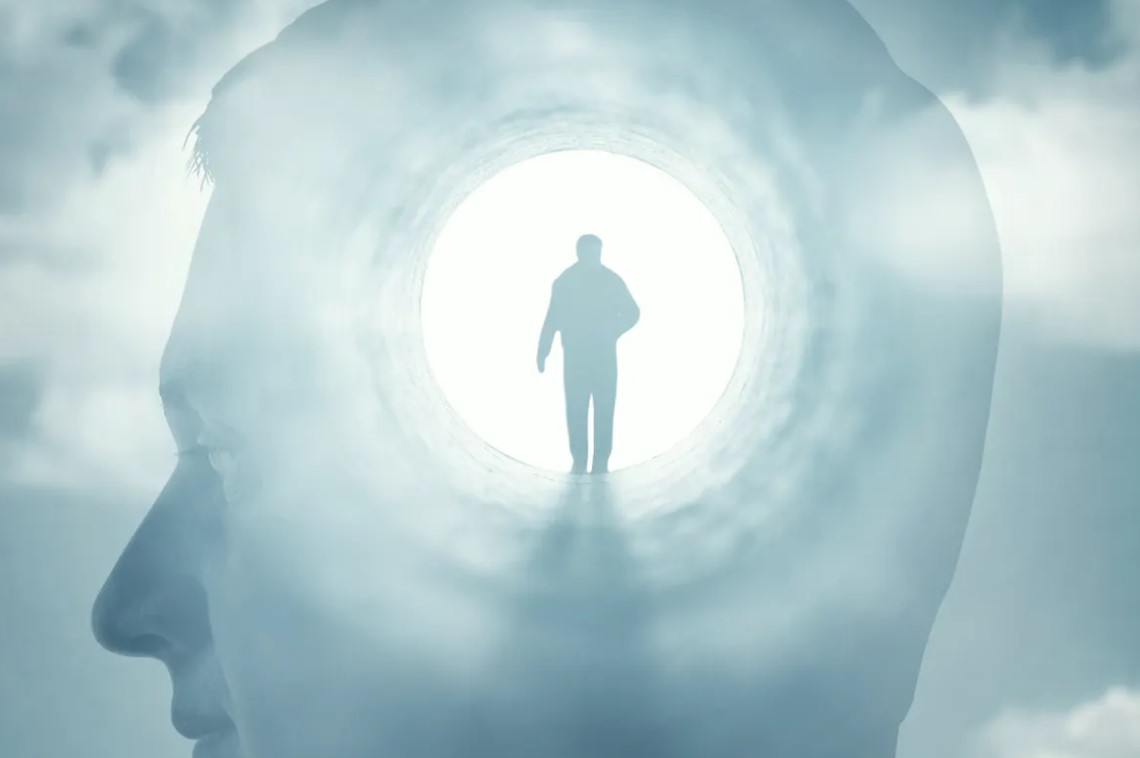
The Conversation
The Conversation is an independent not-for-profit digital news source featuring expert analysis from academics and professionals on ongoing or hot-button issues. According to its Who We Are page, the Conversation "arose out of deep-seated concerns for the fading quality of our public discourse – and recognition of the vital role that academic experts can play in the public arena."
Why did you buy your car? Why did you fall in love with your partner? When we start to examine the basis of our life choices, whether they are important or fairly simple ones, we might come to the realisation that we don’t have much of a clue. In fact, we might even wonder whether we really know our own mind, and what goes on in it outside of our conscious awareness.
Luckily, psychological science gives us important and perhaps surprising insights. One of the most important findings comes from psychologist Benjamin Libet in the 1980s. He devised an experiment which was deceptively simple, but has created an enormous amount of debate ever since.
People were asked to sit in a relaxed manner in front of an adapted clock. On the clock face was a small light revolving around it. All people had to do was to flex their finger whenever they felt the urge, and remember the position of the light on the clock face when they experienced the initial urge to do so. At the same time as that was all happening, people had their brain activity recorded via an electroencephalogram (EEG), which detects levels of electrical activity in the brain.











